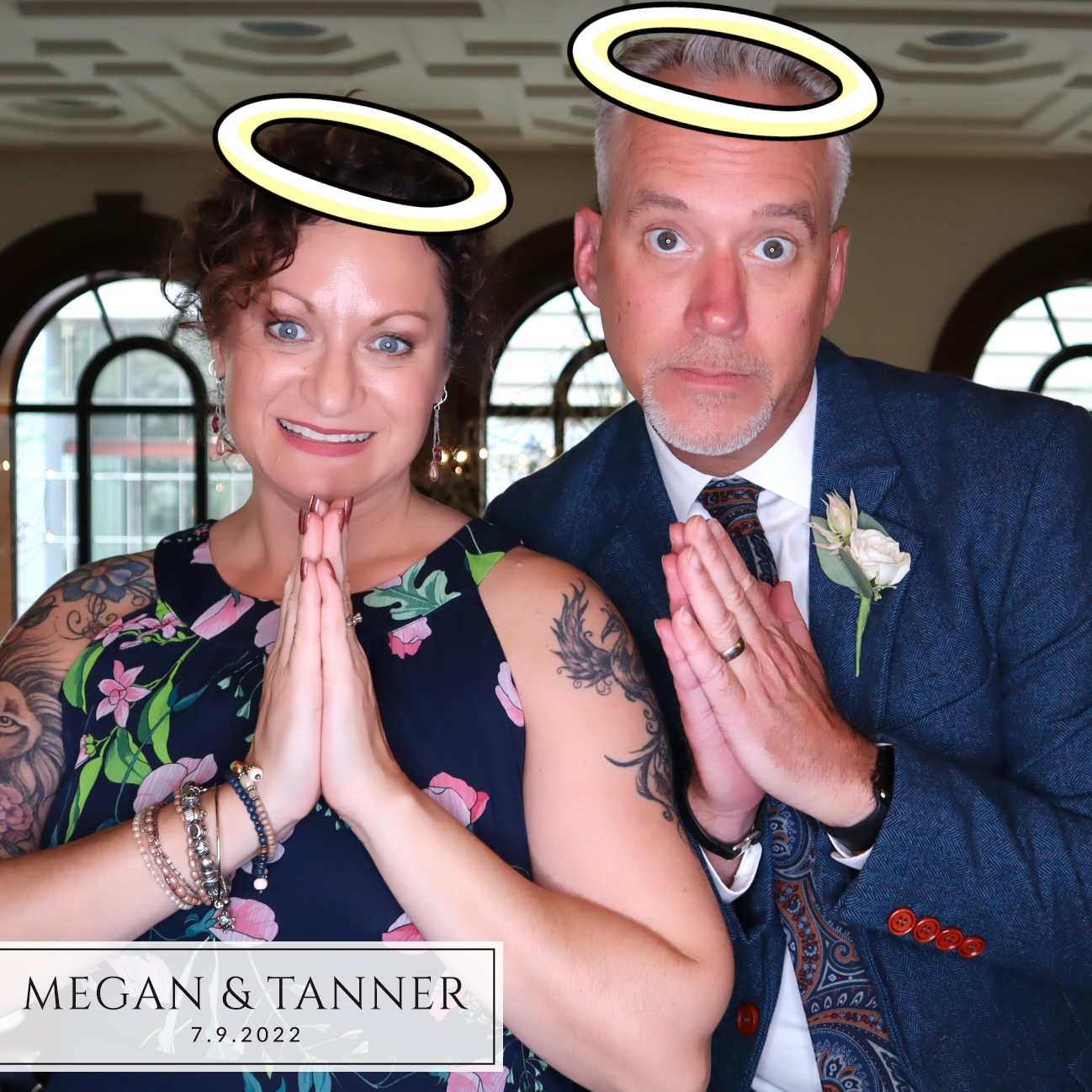But Absalom said, “Summon also Hushai the Arkite, so we can hear what he has to say as well.” 2 Samuel 17:5 (NIV)
It is said that one of the aspects of great stories is their timelessness. When I studied theatre in college there were entire sections of study devoted to Greek tragedies like Antigone and Oedipus Rex and, of course, the works of William Shakespeare. It was the late 20th century and in many classes, I spent more time studying plays and stories that were hundreds and thousands of years old than contemporary works.
As I read ancient stories like the story of David we’re wading through now, I can’t help but hear echoes of other timeless stories and make connections between them. Power plays for the throne (Game of Thrones), tragic human failure (Anakin Skywalker), and the intrigue of family rivalries (Succession) are the stuff of which classic stories are made. Today as I was reading the chapter, I thought of The Godfather films and the saga of the Corleone family; A timeless classic in its own right. As they led their mafia family, Vito and Michael Corleone always tried to have a guy, loyal to the family, on the inside of a rival family or faction. Luca Brasi dies while trying to convince the Tataglias that he wants to betray Don Corleone. Michael sends his brother Fredo to Las Vegas which not only serves to get Fredo out of his sight but also plants his own brother inside of an operation he doesn’t trust.
A few chapters ago, amidst the chaos of Absalom’s coup, the last thing that King David did before fleeing the palace was to plant his man, Hushai, inside Absalom’s inner circle. It proved to be a cunning move. Absalom took the bait hook, line, and sinker. In today’s chapter, David’s scheme comes to fruition and Hushai sets the hook which will be the undoing of Absalom. Absalom was a cunning young man and had planned his moves against his brothers and father well. In the end, however, he underestimated all the wisdom and experience his father had gathered while running for his life in enemy territory for many years. In addition, Absalom’s self-seeking motivation was about anger, vengeance, hatred, and personal power. The repentant David may have been facing the tragic consequences of his own blind spots and failings, but at the core of his being his heart was still humble before God.
In the third act of Francis Ford Coppola’s Godfather epic, Michael Corleone’s son confronts his father about the “bad memories” he has of his family and childhood. “Every family has bad memories,” Michael replies. And, so they do. Another appeal of great stories is the connections we make to our own lives and experiences. We are all part of the human experience. Even in my own family, there are true tales of tragedy and intrigue. Times change, but people are people, and our common human flaws source similar tales in our own lives and families. We each play our part in the story. We are each a cog in our family’s system. The cool thing is that we get to choose our character and influence the story with our daily choices of words, relationships, and deeds.
How will I choose to influence my story, and my family’s story, today?
A Note to Readers
I’m taking a blogging sabbatical and will be re-publishing my chapter-a-day thoughts on David’s continued story in 2 Samuel while I’m taking a little time off in order to focus on a few other priorities. Thanks for reading.
Today’s post was originally published in May 2014.
The featured image on today’s post created with Wonder A.I.

If you know anyone who might be encouraged by today’s post, please share.





















































































































